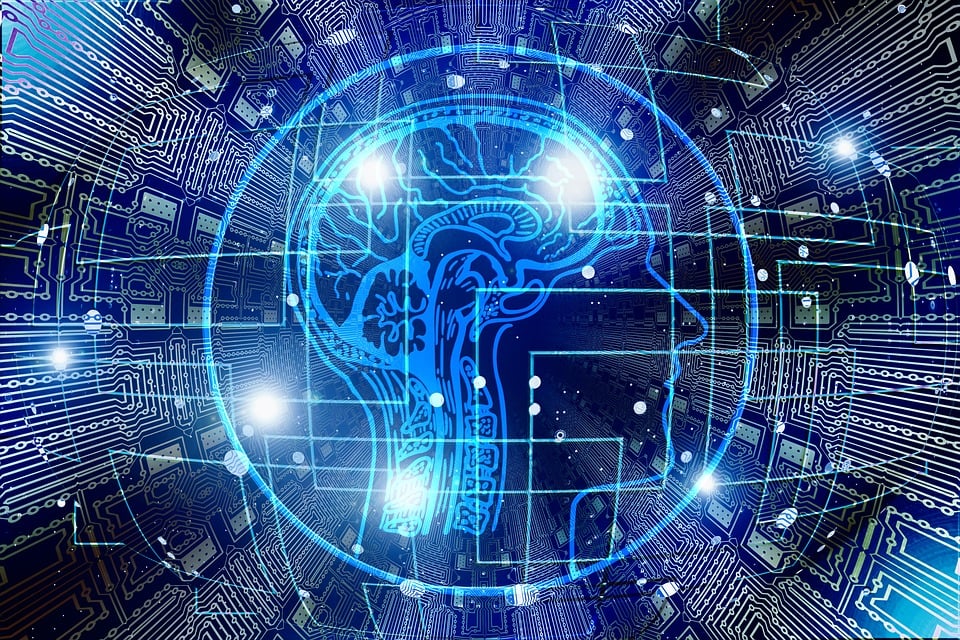The very recent dissemination of the GPT usage, somehow, meant a suspicious first look mainly from the academic community. One cannot argue against the fact that the AI usage holds several challenges in what Human Rights are concerned. The most common issues discussed by scholars relate to data protection, storage, and usage, the right to privacy, employment and the economic impact of AI usage spreading in several areas of Human intervention. However, as everything else in life, one can argue that the so-called ‘dangers’ of AI depend on the actual usage that one chooses to apply. The raw truth is that behind an AI system is or was always a Human mind, consciousness, will and/or action.
Bearing this in mind, we would like to remind the Human Rights Council 48th session (A/HRC/48/31), held on the 13th of September 2021, where the High Commissioner for Human Rights expressed some concerns and addressed several recommendations to the States, regarding the right to privacy in the digital age, at the Report of the United Nations High Commissioner for Human Rights. One of these recommendations
was the imposition of a “[…] moratorium on the use of remote biometric recognition technologies in public spaces, at least until the authorities responsible can demonstrate compliance with privacy and data protection standards and the absence of significant accuracy issues and discriminatory impacts […]”; also, the High Commissioner recommend that the States “[…] Fully recognize the need to protect and reinforce all human rights in the development, use and governance of AI as a central objective, and ensure equal respect for and enforcement of all human rights online and offline;”.
Also, the Portuguese Charter of Human Rights in the Digital Age (Lei n. º 27/2021, 17th April) recognizes the importance of Human Rights protection in the digital environment and virtual spaces, stressing, v.g., the freedom of expression and creation in the digital environment (article 4th) and the right to freedom of creation and protection of content (article 16th). Why is this relevant to the way that GPT is impacting the academic community, one may argue…
As a matter of fact, the authenticity, authorship, and copyright of academic work are in the eye of the hurricane with GPT usage. Nevertheless, if the protection and reinforcement of all human rights in the development, use and governance of AI are, in fact, complied by all intervenient in what GPT is concerned, then GPT may become a useful instrument as any other. It really depends on the usage. But… let us talk about authorship. Can we really consider GPT as an author she/he/itself? We don’t yet have an answer to this question. The truth is that GPT-3 already appears in the frontpage of a book1, side by side with human authors. Still, to answer this question, we would have to linger on the ability of AI consciousness.
Though this is not the time nor the place, we leave you with a challenge to participate in the Coimbra VIII International Conference on Human Rights: a transdisciplinary approach, 10-12 October 2023, where the 56th online symposium will discuss Digital Constitutionalism and global challenges in the promotion and protection of Human Rights. Looking forward to meeting you there! https://www.cidhcoimbra.com/en


